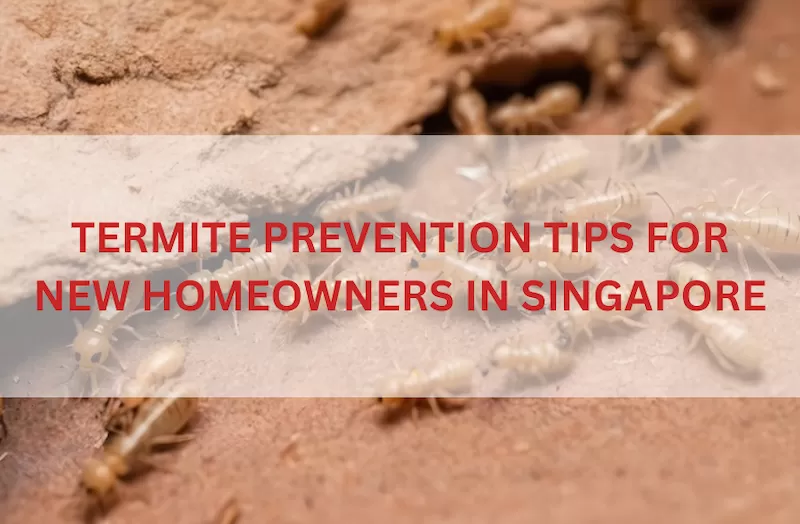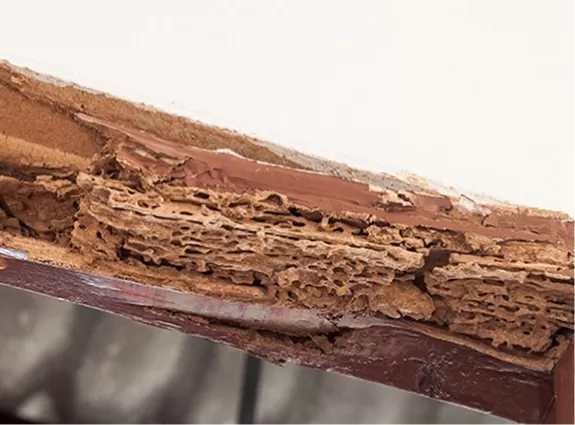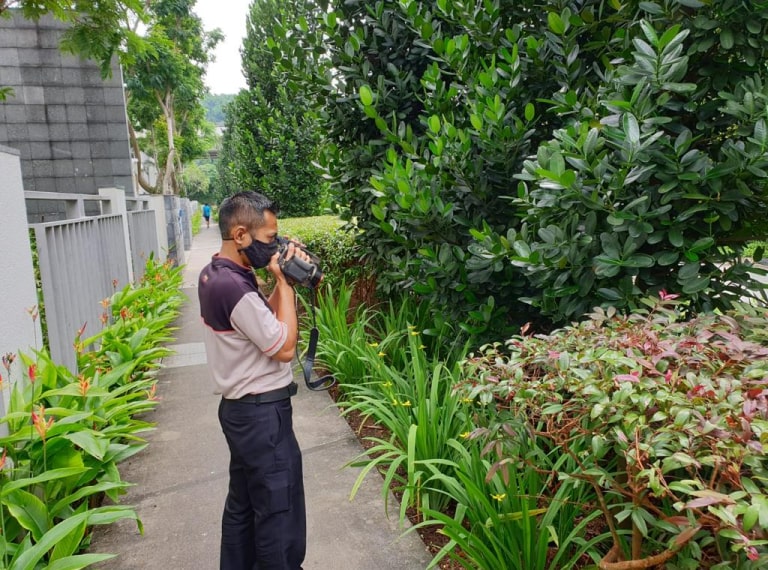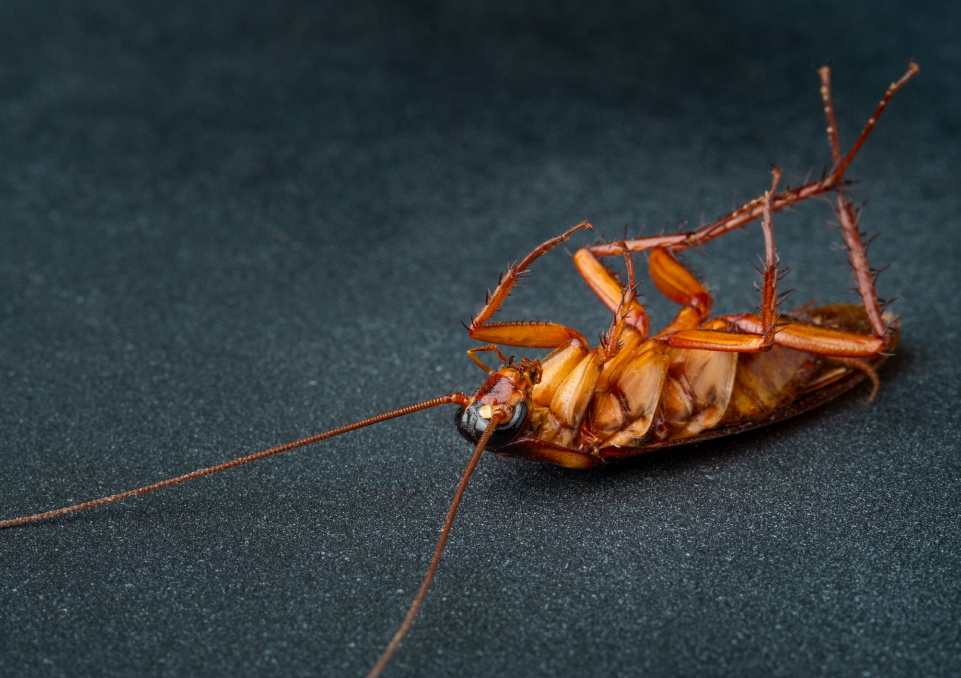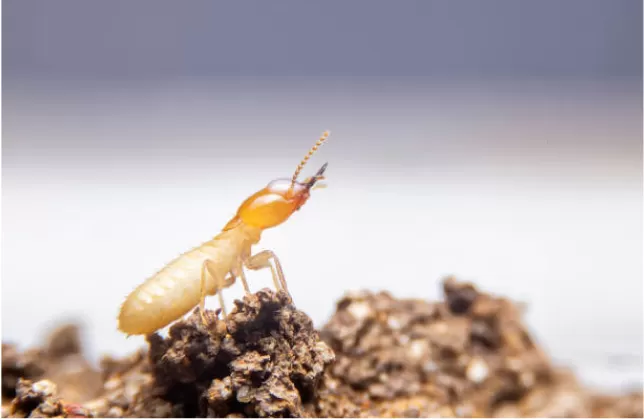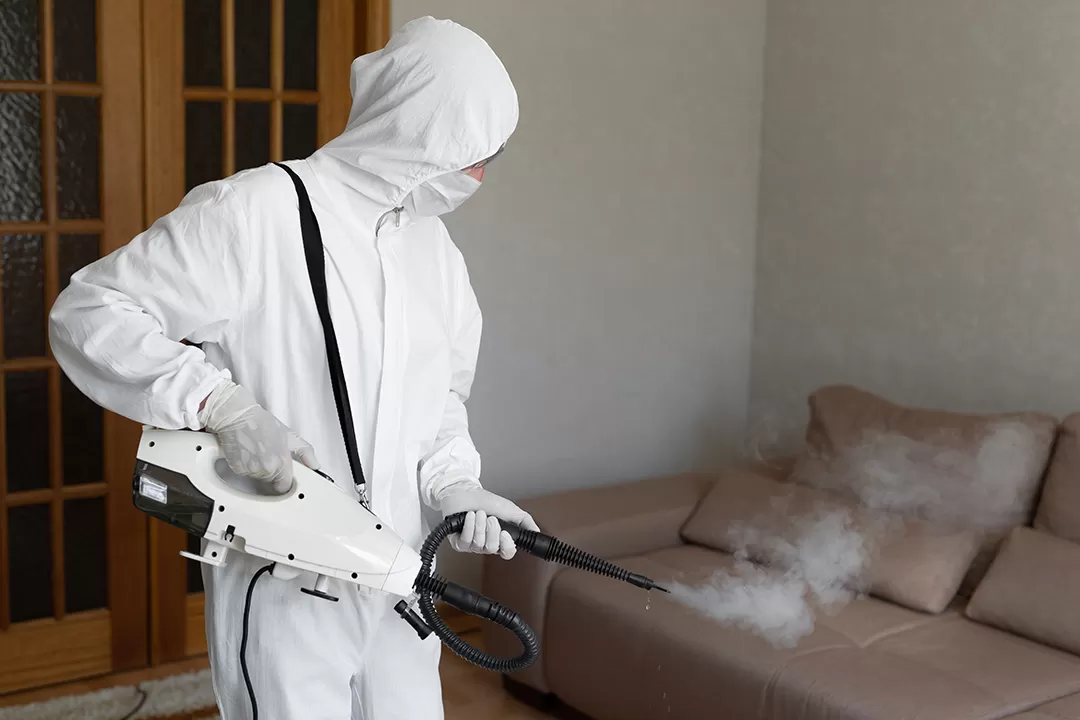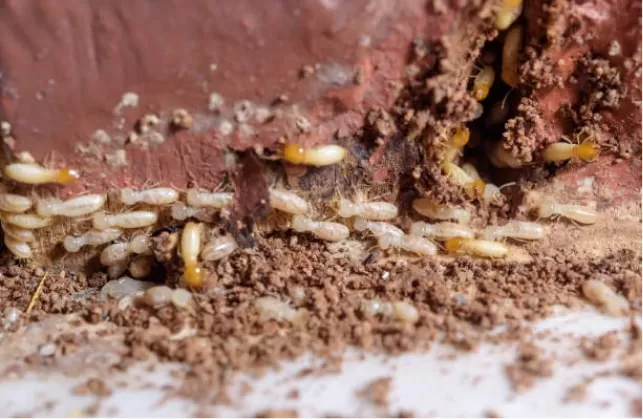As a new homeowner in Singapore, one of your top priorities should be protecting your investment from potential threats. While there are many factors to consider, one of the most insidious and destructive pests you may encounter is the termite. These tiny insects can cause significant damage to your home’s structure, leading to costly repairs and headaches down the line. However, with proper prevention strategies in place, you can safeguard your property and enjoy peace of mind. In this blog, we’ll explore some essential termite prevention tips tailored specifically for new homeowners in Singapore.
Know Your Enemy: Understanding Termites in Singapore
Singapore is home to two main species of termites: subterranean termites and drywood termites. Subterranean termites, as their name suggests, typically nest underground. They require moisture to survive and thrive in moist environments. On the other hand, drywood termites infest dry wood structures. Both species pose significant threats to homes and buildings, albeit through slightly different means.
Subterranean termites build elaborate mud tubes to gain access to above-ground wooden structures. These tubes serve as protective pathways, allowing them to traverse across non-wooden surfaces and reach their food source. Drywood termites, on the other hand, infest wood directly without the need for soil contact.
Understanding the biology, nesting habits, and feeding preferences of these termites is crucial for implementing targeted prevention measures. Now that we have a better understanding of the enemy, let’s explore some proactive steps to protect your home from termite infestations.
Useful Tips for Termite Prevention
Schedule Regular Inspections:
Prevention is indeed the most effective defence against termites, and it begins with early detection. Think of regular termite inspections conducted by professionals as routine check-ups for your home’s well-being. These inspections play a vital role in recognizing signs of termite activity before significant damage ensues. Given Singapore’s warm and humid climate, where the risk of termite infestations is notably high, scheduling these inspections at regular intervals is absolutely essential for preserving the integrity of your home. It’s advisable to schedule an inspection promptly upon purchasing the house to ascertain if there are any indications of previous termite infestations on the property.
Maintain Proper Ventilation and Moisture Control:
Subterranean termites thrive in moist environments, making proper ventilation and moisture control vital components of termite prevention. By keeping attics, basements, and crawl spaces well-ventilated and free from excess moisture, you create an environment that is less hospitable to termites. Promptly repairing any leaks and considering the use of dehumidifiers in areas prone to dampness further help in deterring termite infestations.
Keep Wood Away from Soil Contact:
Subterranean termites rely on direct soil contact to access above-ground wooden structures. By maintaining a gap between soil and wooden elements of your home, such as siding, decks, or fences, you can effectively prevent termite access. Additionally, using concrete or metal barriers can serve as effective deterrents, blocking termite entry points and reducing the risk of infestation.
Invest in Termite-Resistant Materials:
Opting for termite-resistant materials during construction or renovation can significantly reduce the risk of termite damage. Materials such as pressure-treated wood, concrete, and steel are less susceptible to termite infestations compared to untreated wood. While the initial costs of using these materials may be slightly higher, the long-term savings in termite prevention and maintenance far outweigh the upfront investment.
Regularly Monitor Wooden Structures:
Vigilance is key to early termite detection. Regularly inspecting wooden structures such as window frames, door frames, and wooden furniture allows you to identify signs of termite activity at the earliest stages. Be on the lookout for mud tubes, hollow-sounding wood, discarded termite wings, or termite droppings (frass), which resemble sawdust. Early detection enables prompt action, minimizing potential damage and saving you from costly repairs.
Practice Proper Landscaping Techniques:
Your landscaping choices can either deter or attract termites to your garden. Avoid using wood mulch near your home’s foundation, as it serves as an attractive food source for termites. Instead, opt for non-organic mulches like gravel or rubber. Additionally, trimming shrubs and trees to prevent them from touching your home reduces the risk of termites using overhanging branches as bridges to access your property.
Act Swiftly at the First Sign of Infestation:
Despite your best prevention efforts, there is always a risk of termite infestation. If you suspect termite activity in your home, it is crucial to act swiftly and seek professional help. Prompt treatment can prevent further damage and save you from costly repairs down the line. Remember, early intervention is key to effectively managing termite infestations and protecting your home’s value.
Conclusion
In conclusion, termite prevention is a critical aspect of homeownership in Singapore. By understanding the behaviour of termites and implementing proactive measures, you can protect your investment and enjoy peace of mind knowing that your home is safeguarded against these destructive pests. Remember to schedule regular inspections, maintain proper ventilation and moisture control, keep wood away from soil contact, invest in termite-resistant materials, monitor wooden structures, practice proper landscaping techniques, and act swiftly at the first sign of infestation. With these tips in mind, you can fortify your home against termites and enjoy your new homeownership journey to the fullest.
In addition to the aforementioned prevention strategies, enlisting the help of a reputable pest control company can provide invaluable support in your quest to protect your home from termites. Pest control professionals possess the expertise, tools, and resources necessary to conduct thorough termite inspections, identify potential vulnerabilities, and implement targeted treatment plans if termite activity is detected.
A pest control company can offer customized solutions tailored to your specific needs and the unique characteristics of your home. They can also provide ongoing monitoring and maintenance to ensure that your property remains termite-free in the long term.

